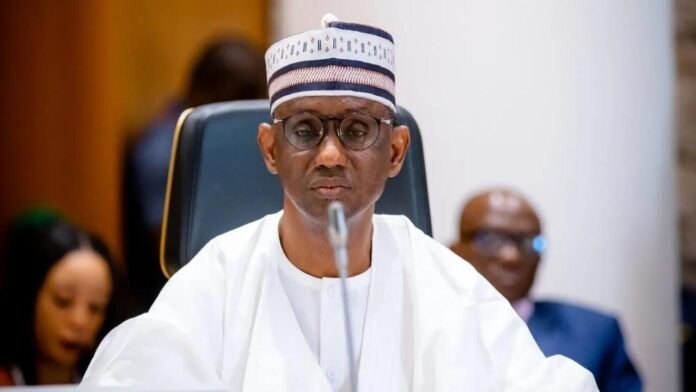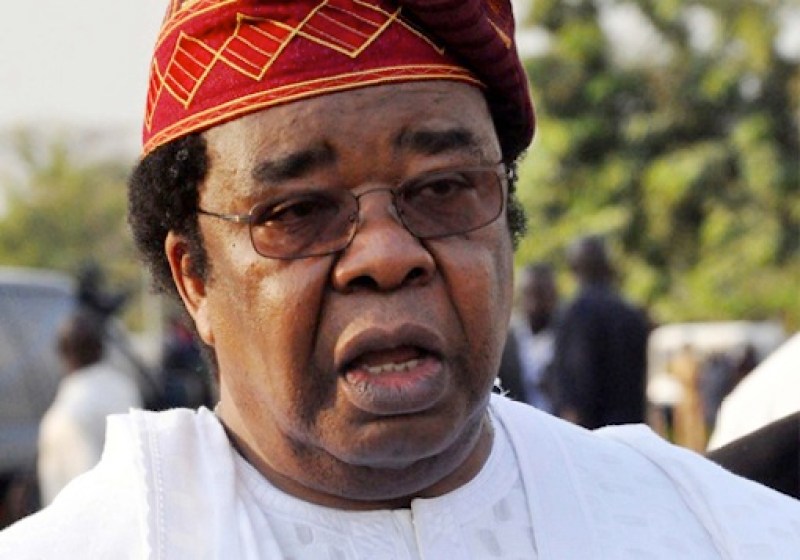The Federal Government says two top leaders of the terrorist group Ansaru have been captured in a months-long counter-terrorism operation.
National Security Adviser, Nuhu Ribadu, announced that the arrests were made between May and July 2025. He called the operation “high-risk, intelligence-led” and described it as a major win in Nigeria’s fight against violent extremism.
The captured men are Mahmud Muhammad Usman, known within the group as Emir of Ansaru, and his deputy, Mahmud al-Nigeri.
Usman allegedly coordinated terrorist sleeper cells across Nigeria and masterminded kidnappings and armed robberies that bankrolled Ansaru’s operations.
His deputy, al-Nigeri, ran the “Mahmudawa” cell around Kainji National Park, a vast area straddling Niger and Kwara states and stretching into Benin Republic.
International Praise for Nigeria
The United States Mission in Nigeria and the British authorities quickly welcomed the development. Both commended Nigeria’s security forces in separate posts on X (formerly Twitter).
The U.S. Embassy wrote: “We applaud Nigeria for the successful arrest of two leaders of Ansaru. This is a significant step in the fight against terrorism.”

Ansaru, a splinter group of Boko Haram, has a bloody history. It is linked with kidnappings of foreign nationals, armed ambushes, and ties to al-Qaeda in the Islamic Maghreb. Security experts have long described the group as one of the most dangerous insurgent cells in West Africa.
Ansaru had claimed responsibility for the abduction of seven foreign workers in Bauchi back in 2013. Its fighters were also linked to high-profile attacks on security convoys in northern Nigeria.
U.S. Introduces New Visa Rules for Nigerians
While commending Nigeria’s security gains, the U.S. Mission also announced a new visa requirement for Nigerians applying for non-immigrant visas.
“Visa applicants are required to list all social media usernames or handles of every platform they have used from the last 5 years on the DS-160 visa application form,” the embassy said.
Applicants must certify that the details are correct before submitting. Failure to provide information could mean outright visa denial and future ineligibility.
The U.S. Department of State already requires the DS-160 form for most non-immigrant visa categories. This policy now deepens scrutiny, as officials argue it will improve security vetting.
International students were the first to feel the pinch. In June, they were told to make their social media accounts public for background checks. Now, its a requirement for all visa applications.
Earlier this month, U.S. Ambassador Richard Mills told journalists that the new measures were “not to punish Nigerians, but to improve security and service delivery.”
A Battle on Many Fronts
Nigeria’s security agencies continue to struggle against multiple threats: Boko Haram, Islamic State in West Africa Province (ISWAP), bandits, and Ansaru. The government says collaboration with partners like the U.S. and the U.K. is essential to winning.
But Nigerians are asking hard questions: Will these victories translate into lasting safety for ordinary people? Or will new cells simply emerge from the ashes of the old?
Rate, Like 👍, Comment💬, share this article, Follow us on our social media handles, and Submit your own story to get featured and earn rewards!







